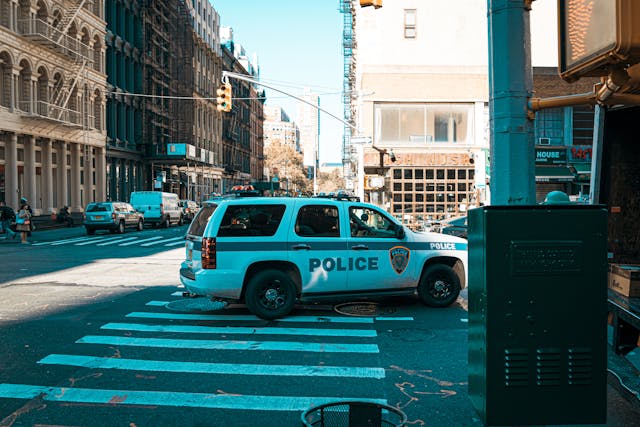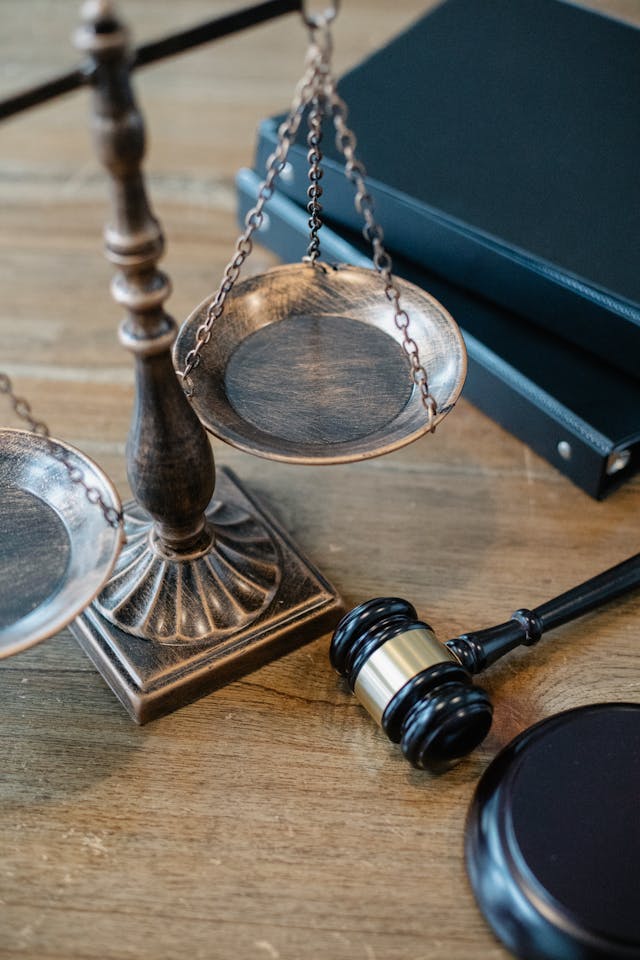What Are Miranda Rights?
Everyone’s heard the line from TV: “You have the right to remain silent.” But in Philadelphia, it’s not always as simple as it sounds. Miranda Rights protect your Fifth Amendment right against self-incrimination—but they only kick in under specific conditions. If you’re facing police questioning in Philly, especially under the pressure of an arrest, you need to know exactly when these rights apply—and when they don’t.
When Must Police Read You Your Rights?
Miranda Rights trace back to the landmark 1966 U.S. Supreme Court case Miranda v. Arizona. In short, if you’re in custody and being interrogated by law enforcement, they must inform you of your rights. That includes the right to remain silent and the right to an attorney. But in Philadelphia, police are not obligated to Mirandize you the moment you’re stopped, questioned, or even arrested. The rights only become mandatory when you’re both in custody and under interrogation.

What Counts as Custody in Philadelphia?
In Philly, “custody” isn’t just about being handcuffed or booked. It’s about how a reasonable person would feel in that situation. For example, being held in an interview room at the Roundhouse (Philadelphia Police Headquarters at 8th and Race) or questioned in the back of a patrol car might qualify as custodial, depending on how restricted your movement is. If you’re surrounded by officers, told you can’t leave, or moved into a confined space for questioning, you’re likely in custody—even if you haven’t been formally arrested. Issues around custody and police authority often overlap with other rights-based situations in Philadelphia’s criminal system, such as what can trigger a parole violation, which we discuss here.
What Is Considered Interrogation?
Interrogation means more than just asking questions. If Philly cops are engaging you in a way designed to get an incriminating response—directly or indirectly—that’s interrogation. Routine questions like name and address during a traffic stop don’t count. But if you’re being grilled about where you were during a North Philly burglary or why your phone pinged near a crime scene in Kensington, that’s another story. And if you’re in custody during that line of questioning, they legally need to Mirandize you first.
Do Miranda Rights Apply During Every Arrest?
No—and that’s where a lot of confusion sets in. Philadelphia Police can arrest you and not read you your rights. Miranda is only necessary if they plan to interrogate you after you’ve been taken into custody. For example, if you’re arrested near City Hall during a protest and say something incriminating before being questioned, those statements may still be used, depending on the circumstances. But if police interrogate you at the 9th District station without a Miranda warning, and you’re clearly in custody, your statements could be tossed from court.

How Police Try to Work Around Miranda
Officers in Philly know the boundaries of Miranda—and they know how to work within them. It’s not uncommon for detectives to ask questions casually before you’re technically “in custody” or to delay formal arrest to keep the conversation off the record. This is especially true in narcotics investigations or gun charges where they want to build a bigger case. Say you’re approached in Southwest Philly, not cuffed, and asked, “So where’d you get the burner?” If you answer without a Miranda warning, that statement could be used if a judge decides you weren’t yet in custody. That’s a loophole you need to watch.
Why Legal Representation Matters
This is where having a seasoned criminal defense attorney makes all the difference. Philadelphia’s court system isn’t just busy—it’s aggressive. Prosecutors and detectives are skilled at presenting statements in a way that makes them seem voluntary, even if your rights weren’t properly protected. A good lawyer knows how to challenge that. They can file a motion to suppress illegally obtained statements, raise constitutional arguments, and hold the system accountable.
If you’re unsure whether it’s the right time to involve an attorney, we break down exactly when to hire a criminal defense lawyer in Philadelphia in this guide.
If you’ve been questioned at the 35th District or transported to a holding cell at Curran-Fromhold Correctional Facility (CFCF), and you weren’t Mirandized before speaking, that’s serious. An experienced attorney will know how to pick apart the timeline, the language used, and the setting to determine whether the police crossed the line.

Protect Yourself—Know Your Rights
Don’t let Philly’s legal system take advantage of what you don’t know. Miranda Rights are a powerful shield, but they only work if you understand when they apply and how to assert them. The safest move? If you’re being questioned, say nothing until you have a lawyer present. Whether you’re facing charges in South Philly, Germantown, or right in Center City, protect yourself from the start.
If you’ve been arrested or interrogated in Philadelphia and think your Miranda Rights were violated, don’t wait to get help. Call Pagano Law today at 215-636-0160. We know how the system works—and we know how to fight for you.

Recent Comments